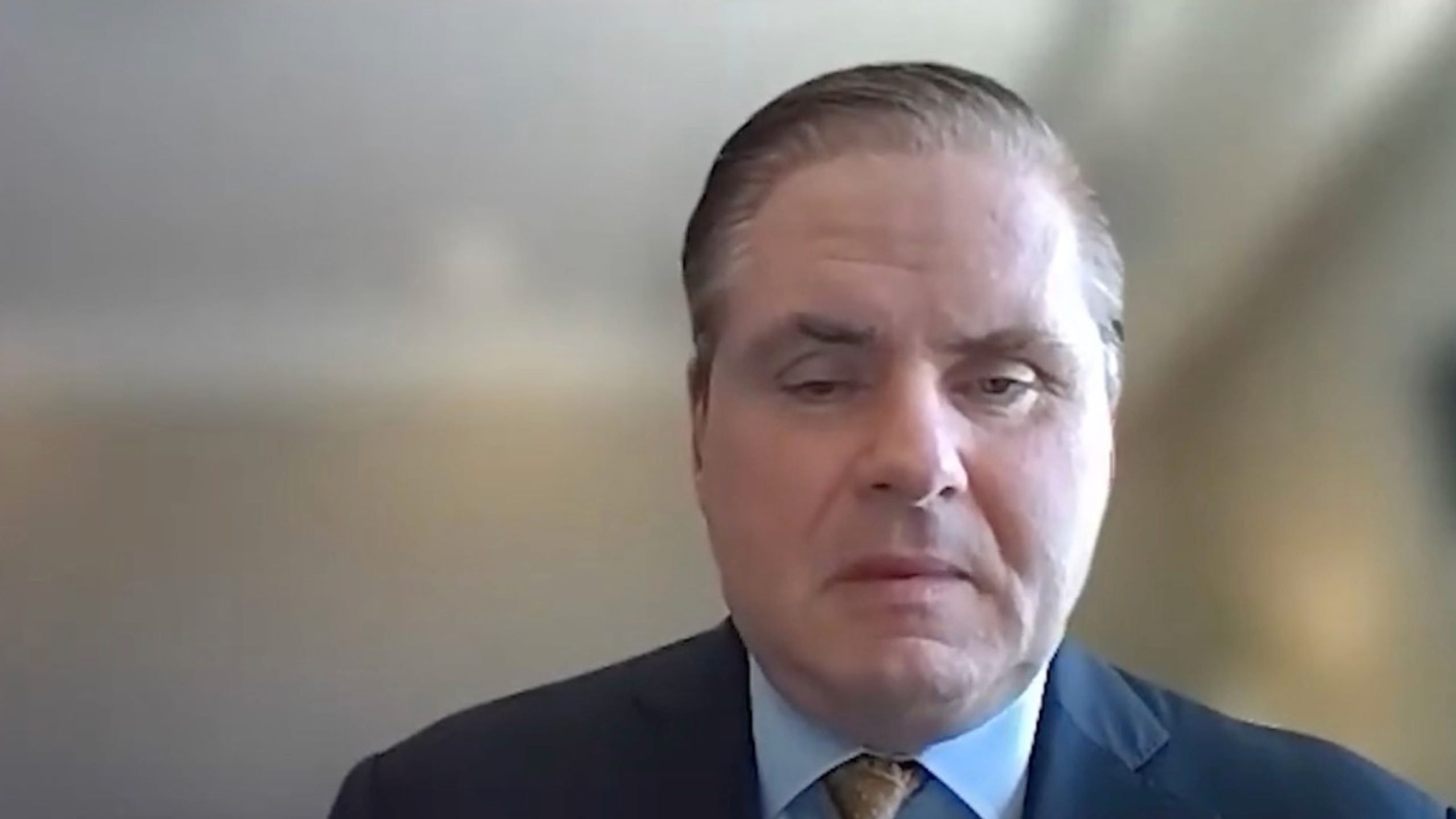Canada’s authorities are keeping up with the “AI/disinformation panic” being relentlessly spread by their current counterparts south of the border.
The chief electoral officer in Ontario, Greg Essensa, now wants greater powers, and more tools, to fight whatever is deemed to be “misinformation” as well as the ability to more effectively remove content branded as “false and misleading.”
Essensa’s recommendations, found in a report he recently submitted to the Canadian state’s Legislative Assembly, seek those extra “tools” as a way to protect against “rapid spread of misinformation” thanks to supposedly rapidly advancing AI, as the “unwanted” content is “amplified” thanks to algorithms.
Essensa is out to persuade legislators that the current powers the office of the electoral chief has – laboring constrained by the Election Act and the Election Finances Act – are “insufficient.”
In his recommendations, Essensa goes through the usual list of examples of why the recent developments around AI, as it pertains to electoral processes, are supposedly more dangerous than ever: somebody was sending “convincing text messages” apparently coming from candidates, there have been unspecified “false announcements” in different languages, etc.
Spam, and even fraud during a campaign – that’s been around in one form or another as long as campaigns. But the point here is to reinforce the (unproven) narrative that AI is “mightier and more dangerous than ever.”
Meta and X are mentioned as social media companies that have rules meant to curb misleading content – but once again, Essensa finds these insufficient in the face of the alleged significant increase in the speed at which this information spreads.
In particular, this “outpaces fact checking or content moderation,” he wrote.
With this statement we finally arrive at the heart of the matter: a call for more efficient censorship.
To deal with that, Essensa wants “automated election ads” to be labeled, along with “swift” removal of content, and other proposed more stringent measures.
For those found not in compliance regarding political ads, the electoral chief wants fines ranging from up to $20,000 (Canadian) for an individual and up to $100,000 for a company.
As for “misleading content” concerning elections, the recommendation is to penalize individuals and companies with up to $20,000 per day, and up to $50,000 per day, respectively.










